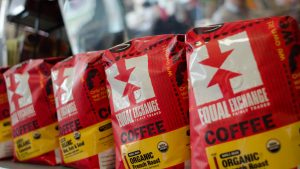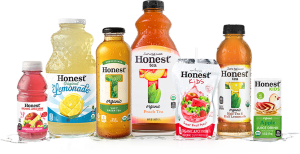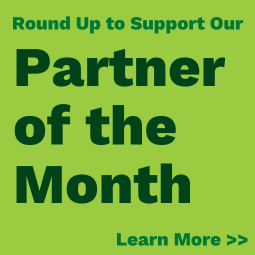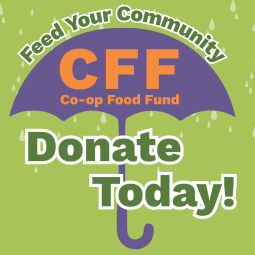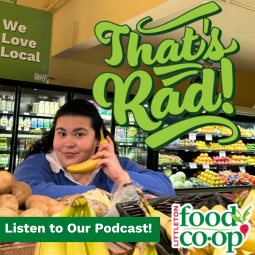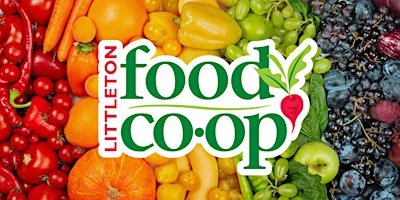Last week, we highlighted the prevalence of slave labor in the chocolate industry and some companies who are forging the path away from inhumane working conditions. While slavery in chocolate is perhaps the most famous un-just food system, similar hardships and ethical conundrums pop-up across food group lines. Luckily, there are similar companies using their buying power through fair trade to change human conditions around the world. This week, we take a look at beverages making a difference.
To many American homes, coffee is a staple; however, a world of complexity lives behind the grounds. Coffee is an extremely volatile industry whose prices tend to slope down rather than up. Fairtrade organizations stepped in to ensure farmers “receive a fair and stable price for their coffee that covers average costs of sustainable production.” On the consumer side that might be hard to believe; however, most coffee farmers receive only 2% of their coffee’s retail price. A fair trade premium guarantees that coffee farmers will have an income regardless of the market, and can hopefully use that money for self-improvement. This phenomenon, the goods and the bads, occur across multiple industries that come together to make our favorite drinks. For companies who continue to use slave and child labor, “transparency alone doesn’t solve farmworker issues or issues of modern slavery, but it’s a necessary precondition for addressing these issues” according to the director of the CRS Coffeelands program Michael Sheridan. Another step in the right direction is engaging in fair trade. The following beverage companies have an independent fair trade verification and can be found at the Littleton Food Co-op:
- Honest Tea
- Equal Exchange
- SillyCow farms
- Maine Root
- The Republic of Tea (some varieties)
- Santa Cruz Organics
*Similar to chocolate, we sadly can not guarantee that all the beverage options on this list are produced without slave or child labor. We know there are many smaller companies out there who choose not to become verified fair trade organizations even though their practices exceed the requirements. In addition, fair trade verification organizations themselves can be very laissez-faire in the enforcement of ethical farming practices, so many question the validity of a fair trade label. These conversations are leading us down the road towards more humanitarian production methods and trade deals for all industries.
Resources:
http://www.fairtrade.org.uk/en/farmers-and-workers/coffee/about-coffee
https://medium.com/@MarinaTMartinez/coffee-slavery-destruction-and-shortage-c915d430390e
